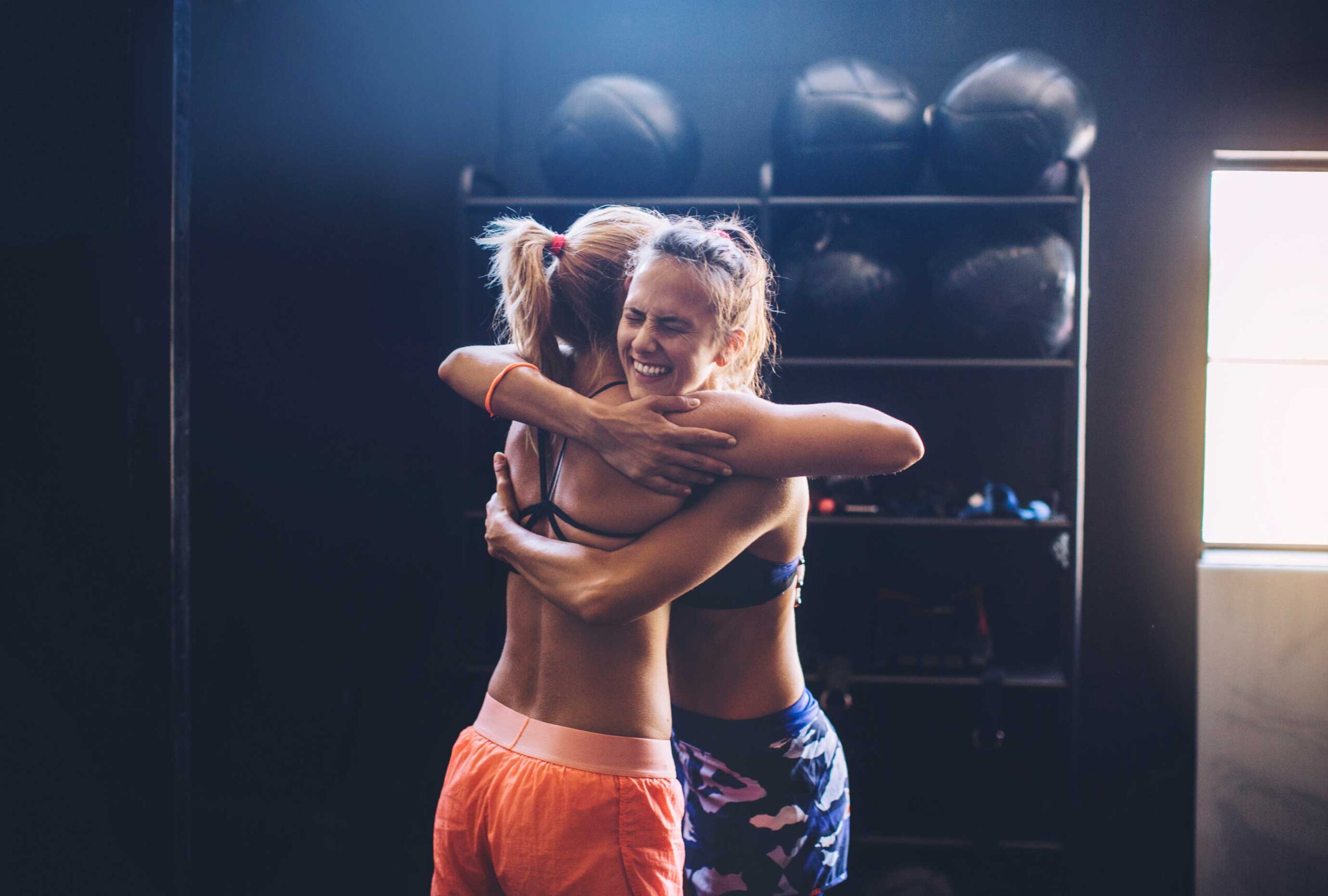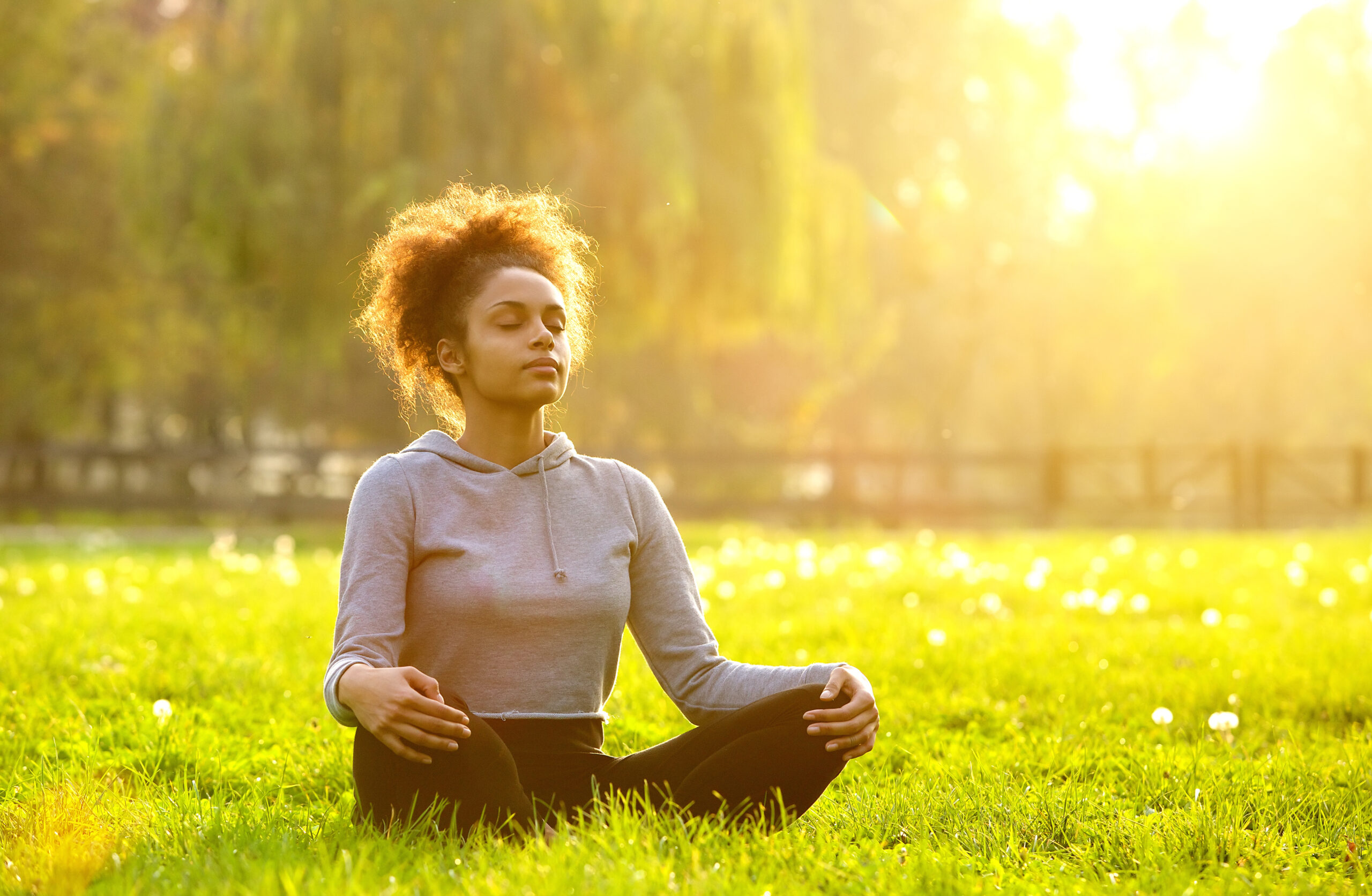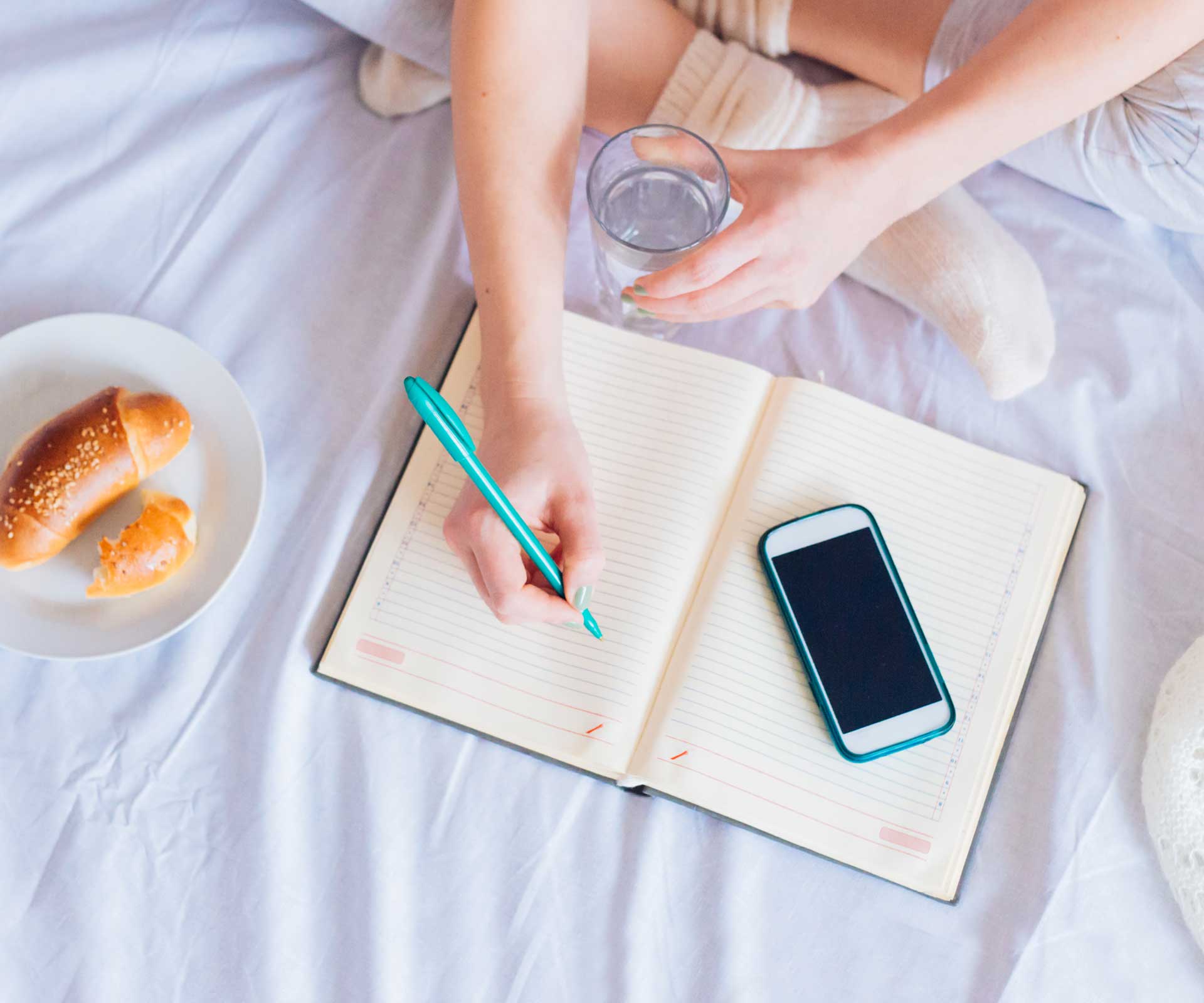Oprah once said that using your intuition is paramount for any lasting success.
“I’ve trusted the still, small voice of intuition my entire life,” she said. “And the only time I’ve made mistakes is when I didn’t listen.”
Many of us agree. A new study about intuition has found that the more we rely on gut feelings to make a choice, the more we feel that the choice reflects our true selves and the more confident we become in it.
“Intuition is the ability to know something without conscious reasoning or thought,” says registered psychologist Rachel Hard.
“People often describe physiological symptoms associated with the gut when they don’t feel good, safe or sure about something.”
A stirring in the pit of the stomach or a stomach drop sound familiar? Rachel says that these feelings come from your ‘second brain’.
“It’s believed that intuition comes from our gut,” she explains.
“This is essentially neurons, chemicals and hormones that flood the brain with messages about the state of our body, such as when we’re hungry or stressed.”
Rachel notes that the brain then processes these messages to understand what’s happening in our body and why we might feel anxious without cognitive awareness.
“At this point, if we pay conscious attention, our brain ‘steps up to the plate’,” says Rachel. “We can apply reasoning, past experiences and expectations to figure out why we feel that drop in the pit of our stomachs.”

So what factors influence our intuition? Our bodies are wired to protect us from threat, so the ‘flight, fright or freeze’ response is mainly a subconscious process.
“From birth, our brains pick up information and knowledge which helps us make quick decisions, such as stopping at a red light,” explains Rachel.
“These decisions become subconscious, and our brain is freed up to process new information.”
Rachel notes that perceptions of threat can be affected by previous experiences of harm or danger, as well as messages in our current community or wider society.
“When the body sends a message, it’s important for us to listen,” says Rachel. “Listening to our needs, whether physical or emotional, is important in maintaining our wellbeing.”
When it comes to eating, listening to your guts (quite literally), is a sure-fire way to improve health.
In 2014, experts reviewed numerous published studies that examined intuitive eating interventions. In each study, participants were taught to follow internal cues of hunger and satiety.
The authors concluded that intuitive eating helped participants develop a healthier relationship with food. Improvements in blood pressure and cardiorespiratory fitness were noted, as were psychological benefits including decreased depression and anxiety, increased self-esteem, and improved body image.
“Listening to and acknowledging our needs is incredibly important in positive mental health,” says Rachel.
“The ability to recognise what we need and take steps to protect or look after ourselves is empowering. Being in tune with our bodies means we can identify when we’re tense or worried and can react swiftly to keep ourselves well.”
We all know that exercise is important when it comes to keeping ourselves well. But it doesn’t have to mean burpees or marathons. Intuitive exercising is about listening to our own internal trainer: what our body wants and when it wants it.
Having a bad day or feeling weak? Maybe it’s time to have a rest or take a short stroll. Feeling energised? Aerobics or running might hit the spot. Adopting this approach means that we’re much more likely to want to exercise and more likely to enjoy it. And you can’t argue with your internal trainer on that.

How to best embrace your intuition
Craigh Wilson, author of Intuitive, says that embracing intuition empowers us to live as our truest selves. In an increasingly busy world, it also helps us to make fast and accurate decisions.
However, he notes that it’s important to listen to your intuition when your mind’s clear and your emotions settled. Using your intuition after a row with your partner, when you’re full of anger or when you’ve had a good cry is not so great.
“Intuition is about focusing on what’s the best outcome for you and others in this moment,” says Craigh. “Sometimes you may have to sleep on things, or even wait a few days to make a clearer and better decision. It’s best to take time where you can sit quietly and undisturbed to allow your thoughts, emotions and fears to surface.”
Craigh suggests focusing on your breathing skills to become calm before asking yourself the important questions about how you really feel about a situation, whether it be personal, professional or health related.
Use your intuition for better health
Listen to your body’s hunger cues.
As soon as you feel that tummy rumble, reach for some food. Getting too hungry can cause overeating, and you’re more likely to make unhealthier choices.
Be conscious of when you feel comfortably full. Don’t eat until you feel like you’re going to burst, no matter how good that cheese may be.
If your body is tired, treat it with kindness. Don’t push yourself, but instead rest and relax. Try soaking in the bath, reading a book or catching up with friends.
When exercising, only do what your body feels is right. Don’t push yourself to exhaustion or potential injury. Be aware of when you need to slow down the pace or have a day off.
Go to bed when you start to feel drowsy, not when your eyes are falling out of your head.
Pay attention to doubtful thoughts and ask yourself why you’re having them.
Be aware of how your body reacts in certain situations. Notice a change in heart rate, breathing and muscle tension, and question this response.
Keep a daily journal to record your experiences and feelings. Learning to become more self-aware can also lead to improved intuition.
Practice meditation, yoga or simply have dedicated quiet time to slow down your body and thoughts.

For more great reads check out your latest issue of Good Health & Wellbeing, on sale now.

.jpg)


